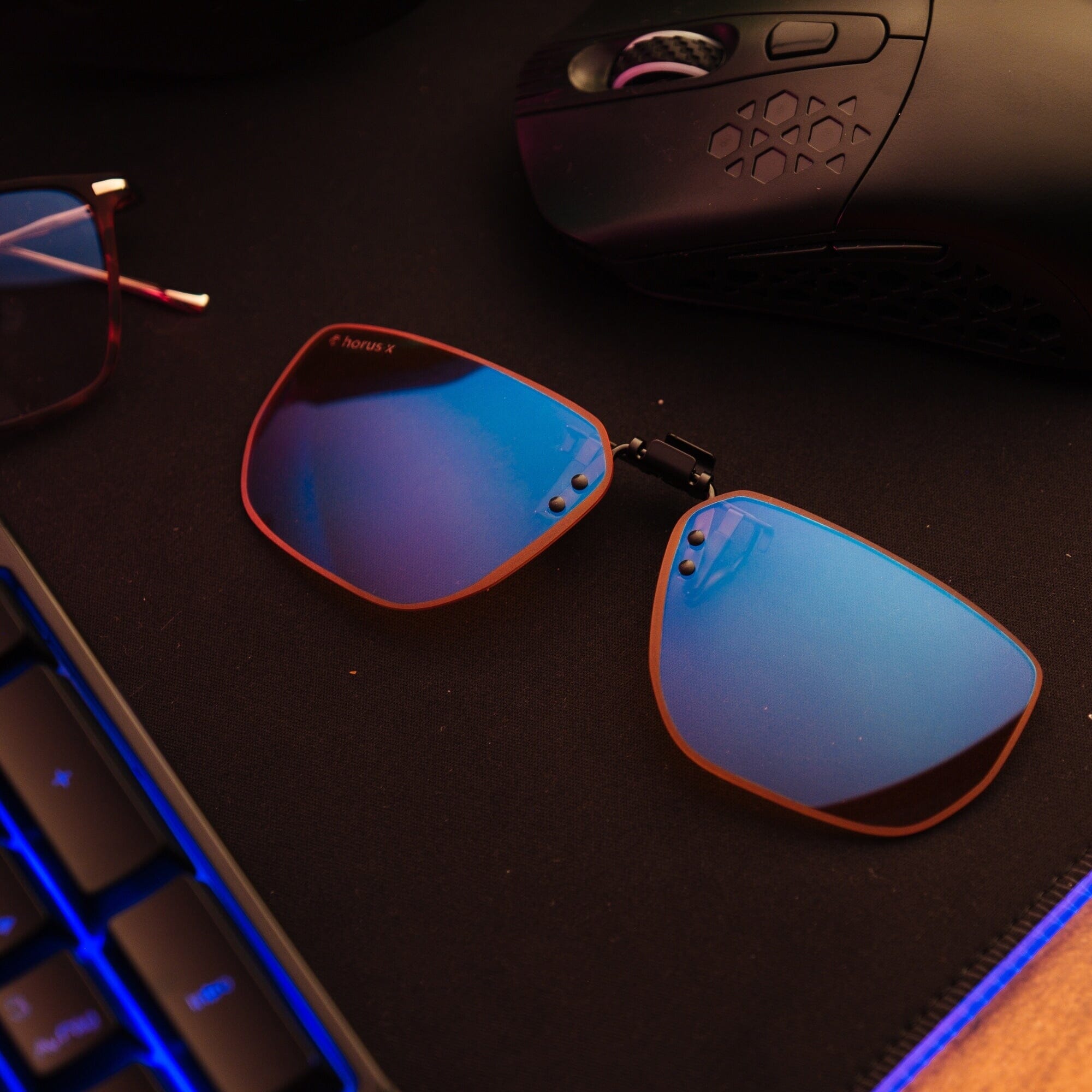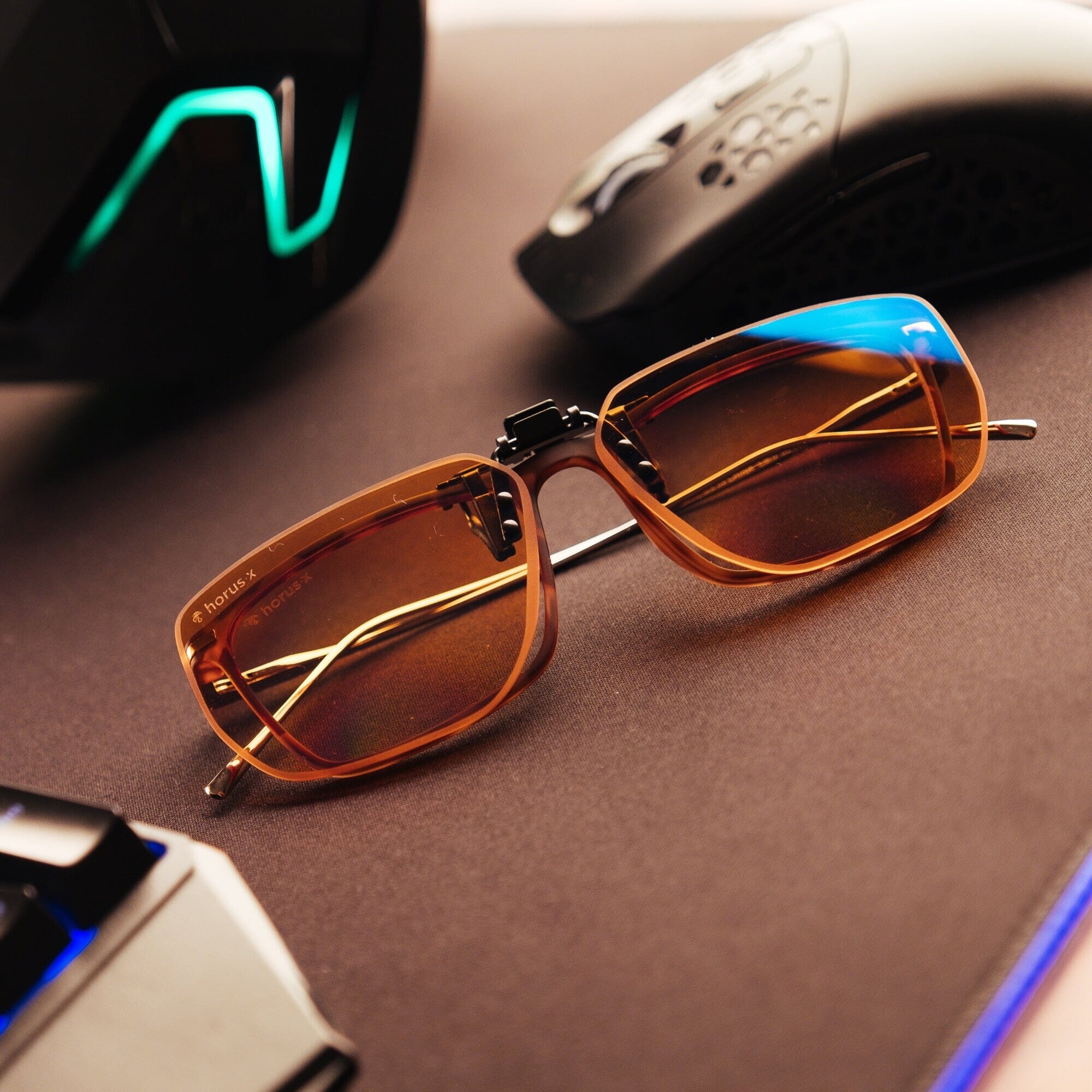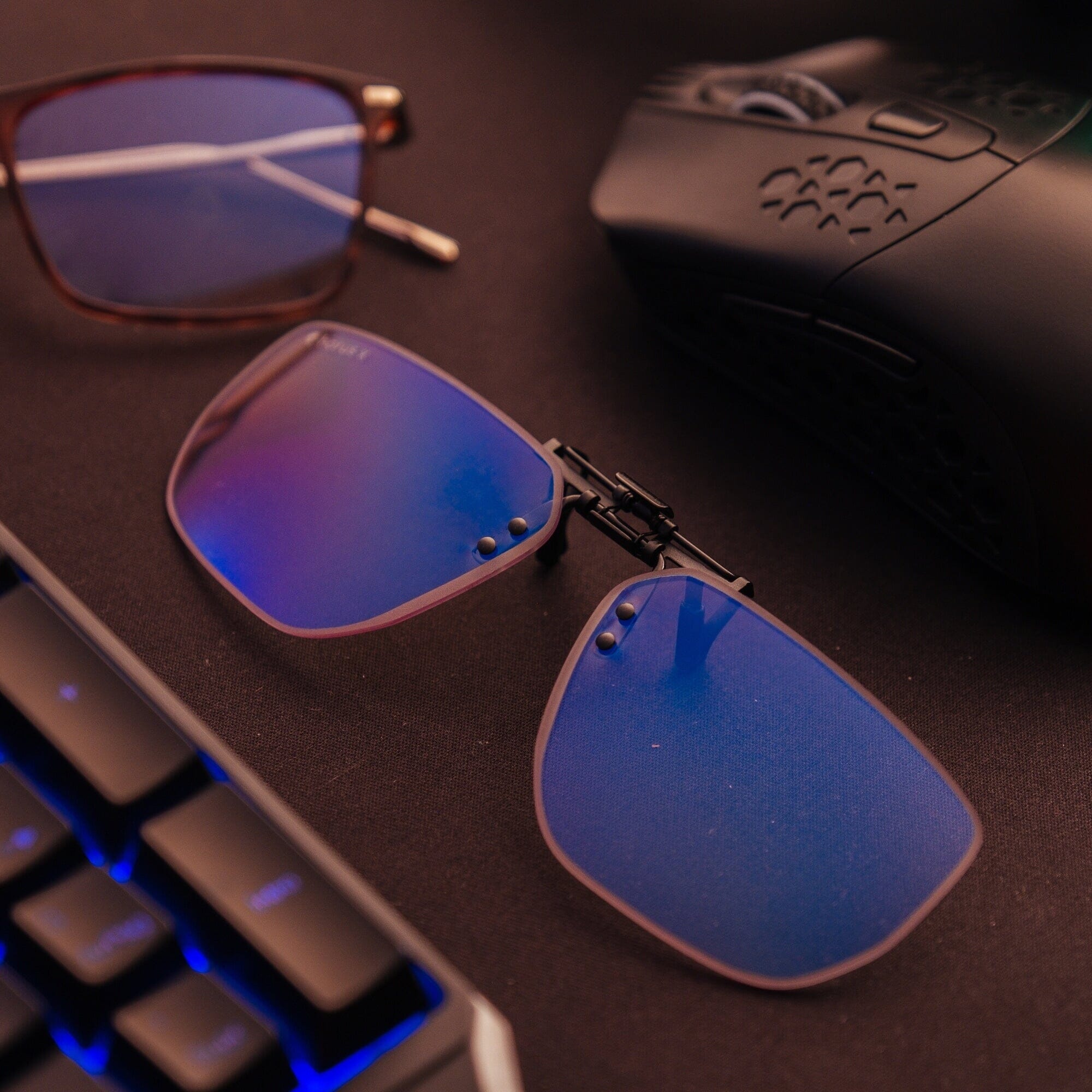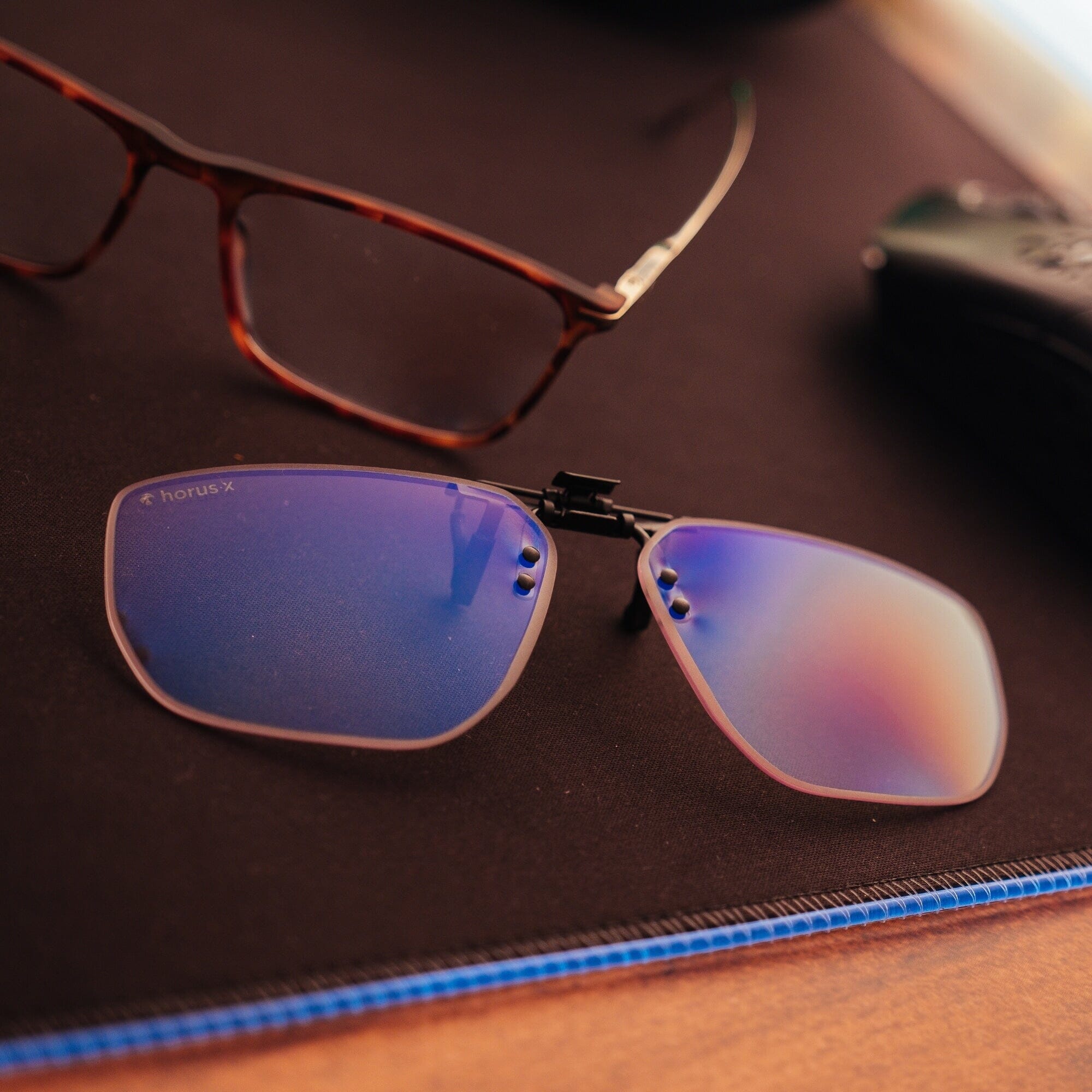“I’m going to bed early tonight” you promise yourself.
“Just one more TikTok”
The clock continues to tick, your eyelids grow heavy. But despite all the signals to go to bed, you just don’t do it; choosing to ignore your sleepiness in the pursuit of another video, one last page in your book, or one last campaign in-game…
And you make this choice, regardless of the fact you know you’ll feel awful tomorrow.
Sound familiar? Don’t worry. This bad habit is so common it even has a name: revenge sleep procrastination.
In fact, sleep procrastination is so common that up to 53.1% of young adults are guilty of it, and 62% of adults worldwide feel like they get insufficient sleep.
It’s time to change your sleeping habits and say goodbye to sleep procrastination! Here’s how.
What is revenge sleep procrastination?

Revenge sleep procrastination is the act of putting off sleep despite no external factors preventing you from falling asleep.
The term first appeared in 2014 in a study conducted by behavioral psychologist Floor Kroese in the Netherlands: Bedtime procrastination: Introducing a new area of procrastination published in Frontiers in Psychology.
Unlike other forms of procrastination, revenge sleep procrastination has nothing to do with a lack of motivation. It’s a conscious choice to ignore tiredness and stay up late: forceful sleep deprivation.
Basically, when it’s time to go to bed, rather than sleeping, you feel a desire to catch up on lost “me time” from the day. For most of us, that means getting a chance to read a book, watch TV, doom scroll on your smartphone, or finally see what happens at the end of God of War: Ragnarök (if you know, you know).
The pull of that freedom from responsibilities can be hard to ignore, leading to sleep procrastination.
What causes revenge sleep procrastination? Lifestyle, habits, and screens

The term ‘sleep procrastination’ and ‘revenge sleep procrastination’ has only been recently popularized after the Chinese expression ‘bàofùxìng áoyè’ went viral on X (or Twitter).
The journalist responsible, Daphne K Lee, referred to it as when “people who don’t have much control over their daytime life refuse to sleep early in order to regain some sense of freedom during late-night hours”.
Some of the reasons for sleep procrastination include:
⏳ Desire for personal time
Sleep procrastination provides the holy grail of ‘me time’. Late, with no one to disturb you (because they’re doing what you should be…sleeping), the world is your oyster. You can catch up on everything you feel you’ve missed, with all the freedom in the world… until your drooping eyelids catch up with you.
🫠 Lack of self-regulation
Some of us struggle to regulate our behavior more than others. People with disorders like ADHD are far more likely to suffer from things like sleep procrastination because of their reduced ability to self-regulate.
😰 Stress, anxiety
Stress and anxiety can make it harder to fall asleep. People who suffer from high levels of anxiety often find themselves avoiding bedtime, so they aren’t left alone with racing thoughts. The same is true of other sleep disorders, knowing you’ll struggle to fall asleep can be a serious obstacle in feeling motivated to go to bed.
🖥️ Overexposure to screens
This is both a cause and consequence of revenge sleep procrastination. Screens emit artificial blue light, impacting melatonin production. This disrupts your body’s natural circadian rhythm so you don’t receive the usual signals for sleep at the times you should.
In the same vein, screens lead to hyperconnectivity and can cause screen addiction, making you more and more unwilling to get offline and go to sleep.
The impact of sleep procrastination

As you can imagine, going to bed later than planned every night will inevitably have an impact on your physical and mental health.
- 🥱 Lack of sleep: No matter how late you fall asleep, your alarm will still go off at the same time tomorrow morning. And you don't have to be a math expert to figure out that that means you get much less sleep. Unfortunately, continued lack of sleep over sustained periods can have other negative effects, such as causing chronic fatigue, weight gain and even impacting your immune system's effectiveness.
- 👎 Impact on mental health: Sleep deprivation can also affect your mental health with, among other things, an increased risk of depression, anxiety, difficulty concentrating, decreased productivity and mood disorders.
- 😵💫 Disruption of circadian rhythm: Aka your natural biological rhythm and sleep schedule. This disruption leads to a confused sleep pattern and can even impact your ability to fall asleep on nights you’re not engaging in sleep procrastination.
How to combat sleep procrastination: Horus X’s tips

Knowing what revenge bedtime procrastination is and what causes it is all well and good. But how do you break these bad sleep habits and get out of the sleep procrastination cycle?
There are a few things you can try to regain control and get back to a normal sleep life!
⌛️Work on time and priority management
To help mitigate that burning desire for alone time, you need to reevaluate your daily schedule and organizational tendencies. Try to focus each day on what’s really important, and what can be put off till later.
Completing tasks increases satisfaction and reduces the mental load, meaning you’re less likely to need a few hours of mental “switch off” time in the evening.
⏰ Get into a regular sleep schedule
Having good sleep quality is just as important as getting a lot of it. Try and set a scheduled time for turning off devices, starting your bedtime routine, and going to sleep.
Not everyone sleeps equally! Some of us are a night owl, others are a morning bird. Figure out what sleep schedule best suits your individual needs; you have way more chance of sticking with it that way.
📱 Limit exposure to screens
To recap:
Screens = artificial blue light
Artificial blue light = less melatonin
Less melatonin = harder time falling asleep.
This cycle is one we repeat daily, further increasing our difficulties in falling asleep. The first step is to try and cut down on screen time, particularly late at night before going to bed. Use ambient lighting in the bedroom to promote a calming, relaxed atmosphere. Stop using screens one hour before bed, and definitely keep the TV (and phones) out of the bedroom.
If you’re someone who struggles a lot with these restrictions, at least wear a pair of blue light blocking glasses to minimize the impact of blue light at night.
🙏 Develop a relaxing sleep routine
Create an environment that’s designed to help you drift off and get a good night’s sleep. What that means is different for different people, but we recommend ambient lighting, comfortable bedding, and trying to incorporate meditation or some gentle yoga before getting into bed.
The more relaxed your body is, the more likely you are to comfortably drift off into the land of nod.
🌅 Get some natural light
Not all blue light is bad. Natural blue light from the sun is actually helpful in promoting our sleep-wake cycle and telling our bodies when it’s time to rest.
So, if you’re someone who spends all day in your cave, try and crawl out of it now and then. As in, go and spend some time outside each day. It’s also good for your mental health.
🧐 Change your perspective
Sometimes it’s as simple as changing your perception. Try to reevaluate how you see sleep. Perceiving sleep as something helpful and good for you can lead to an overall better sleep attitude and desire to go to bed.
If you’re naturally competitive, you could make it into a game! Can you beat last night’s sleep score?!
➡️ Maintaining good habits
It takes an average of 21 days to establish a new habit. So, to overcome your sleep procrastination and improve your sleep health, choose a consistent bedtime and try to stick with your new routine for at least 3 weeks.
There are helpful tools to aid you in this, including sleep apps and diaries.
If sleep problems continue to persist, consult a physician and make sure an underlying sleep disorder isn’t the real cause of your problems.
Revenge sleep procrastination: Final thoughts
Did you fall asleep reading this article?
If so, you’re halfway there! Maybe you should read it again just before bed… and see if that helps. Although, make sure you’re wearing blue filter glasses if you do, as you’ll be reading off a screen.
Anyway, hopefully this was helpful. Just to summarize….
Why do I procrastinate bedtime?
There are several reasons why we get stuck in a cycle of forgoing sleep: stress, screen addiction and especially the search for me-time after a long day without leisure.
How do I stop sleep procrastination?
Start defining regular bedtimes and wake-up times. Adopt a well-organized schedule during the day to combat the mental load and review your daily priorities.
Above all, avoid overexposure to blue light and get some natural light every day. It takes 3 weeks to form a habit, so don’t get discouraged too quickly!





























